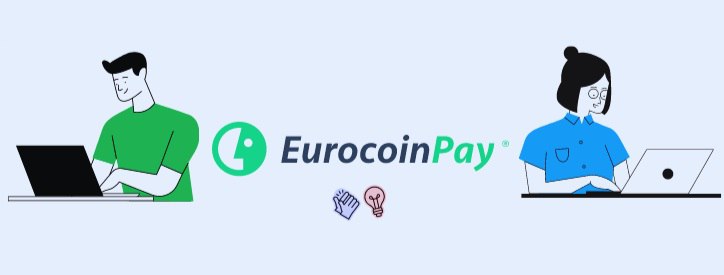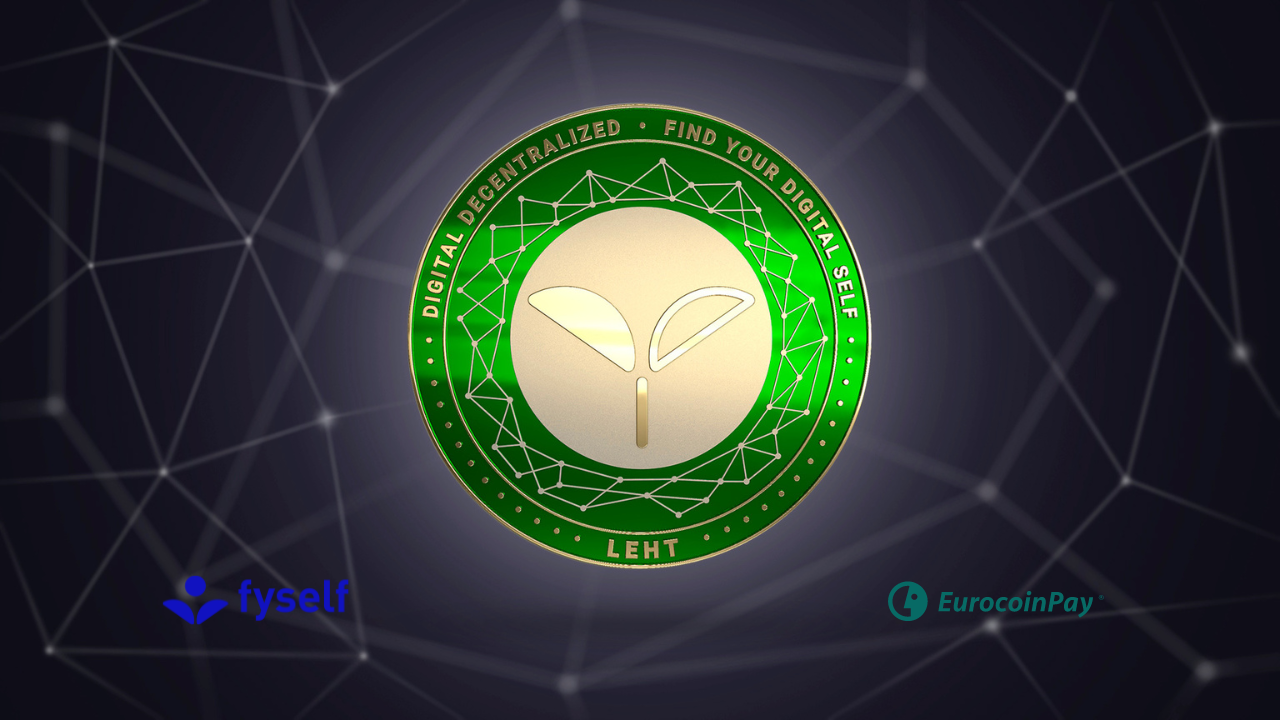What happens to people without identification?
One of the least considered advantages of modern life is to be identified. No one thinks of his identity card, driver’s license or passport as a precious asset. Maybe you see the utility of it when you are far from home. But the overwhelming majority of unidentified people on the planet experience very serious problems.
According to the World Bank, one billion people lack a way to prove who they are. That severely limits their freedom in several ways: to move, to migrate, to access services, to be economically self-reliant …
In order to facilitate the lives of these human beings, the World Bank Group carries out a Program for the Identification for Development. Thus, they provide support for the creation of digital identification systems of national or local scope.
Where are those people without ID documents?
Most of a billion unidentified people live in Sub-Saharab Africa and South Asia. World Bank studies also show that the countries with the lowest income per capita are the ones that have the highest percentage of people without an official identification document.
“In many countries in Africa, south of the Sahara, the birth record of children under 5 in rural areas is less than 50%”
A World Bank Research
The same study indicates that half of the women in low-income countries do not posses an identity document.
The same study indicates that half of women in low-income countries don’t have a document that supports them in society, which substantially limits their ability to integrate into social life and access basic services.
What problems experience people without identification?
Little freedom of movement
The further you are from home, the more you need an identification document that supports you before people or institutions.
If you leave the country, you often need a passport, or even a document as a national or resident if both nations have signed visa waiver agreements. That is, moving between borders would be a totally illegal adventure for an undocumented person.
But making international trips is not the only way to meet the limitation. At airports and train terminals documents to move within the same country are required.
Can you imagine not being able to travel because you lack documents to identify yourself? That is the reality of at least one billion people worldwide. Of course their opportunities of self-improving, communication, knowledge and enjoyment are really limited.
Lack of economic independence.
People without identification, cannot go to a bank and request the creation of an account. This limitation directly affects their development in modern life: they cannot ask for credits, make purchases online, they also lack the facilities for payment in installments and they cannot use credit cards.
Without all those benefits that are often taken for granted, many working people lack certain services, even if some of them can afford it. Cash handling is dangerous both to save large amounts of money at home, transporting it during a trip, or doing business due to frequent counterfeits. In addition, the printing of banknotes is negative for both the environment (paper production) and the economy (if done excessively it contributes to hyperinflation states).
Insufficient access to services
When you arrive at your telephone company’s office to request a new cell line, or to pay for cable tv, do they ask you for any documentation? Of course they do.
It is true that already exist prepaid phone lines that you can buy in a supermarket, but usually those are more expensive and they lack the special offers that can make mobile plans more attractive.
Sadly, the lack of a mobile phone is not the most sensitive service that an individual may lack if he does not provide a valid document. If you arrive at the hospital in an urgency after an accident, they basically will not ask you for your ID, but for an appointment or to receive medical treatment without mortal danger they will certainly do so.
Perhaps part of the unidentified people live far from the big hospitals, but still, how can they enjoy the benefits of the health system or medical insurance without having a legal record of their existence? They cannot, except in some happy cases of NGOs such as Doctors Without Borders or the Red Cross who are looking for and caring for sick people regardless of knowing who they are.
Absence of political rights
The thousand million persons estimated by the World Bank as «unidentified people» could not vote either. Before arriving at the polls, citizens usually have to validate their identity through ID cards, and only users who are electorally registered according to the Law of each country may vote.
In addition, many contemporary voting systems have moved to cyberspace, thereby they are directly dependent on the integration of a digital identification system. If you are not in their databases, you do not exist. And those who do not exist have no citizen rights to decide the political life of his nation.
Have you thought about life for people who don’t have any documents? If you had the opportunity to help them as an activist or volunteer, would you do it? Let us know.
Artículos relacionados


